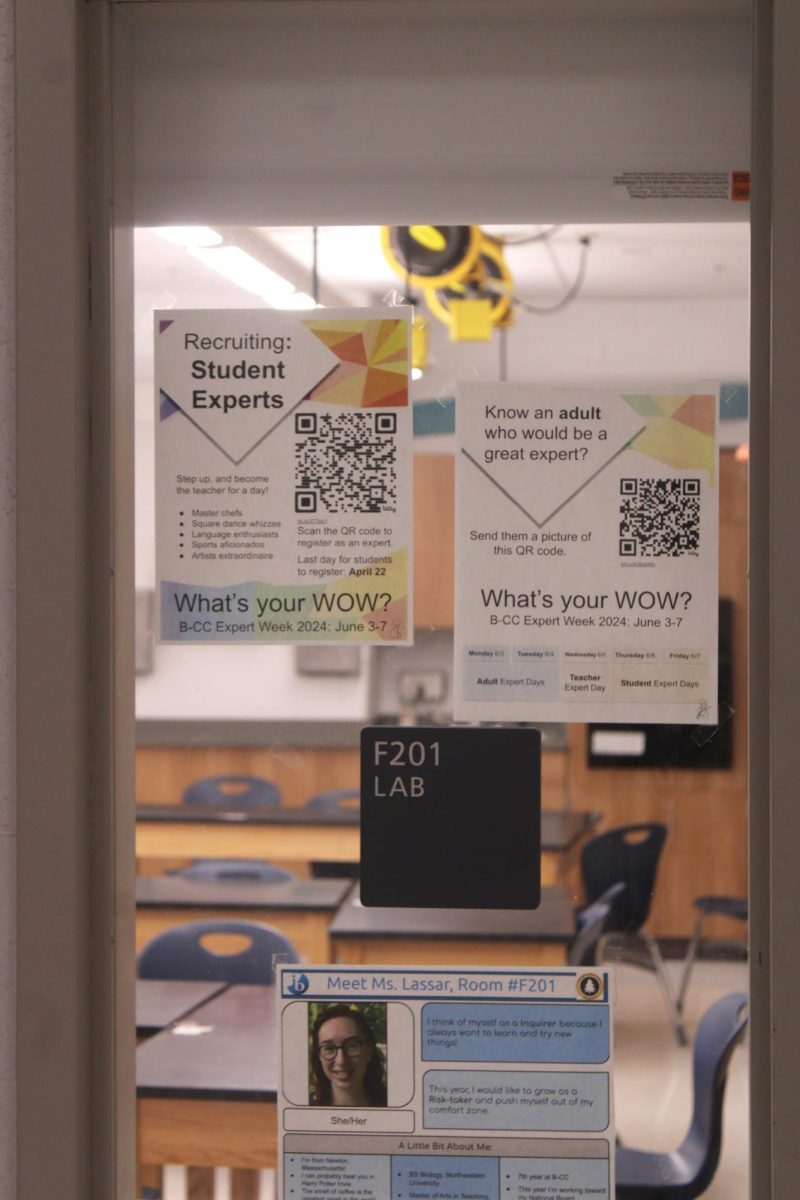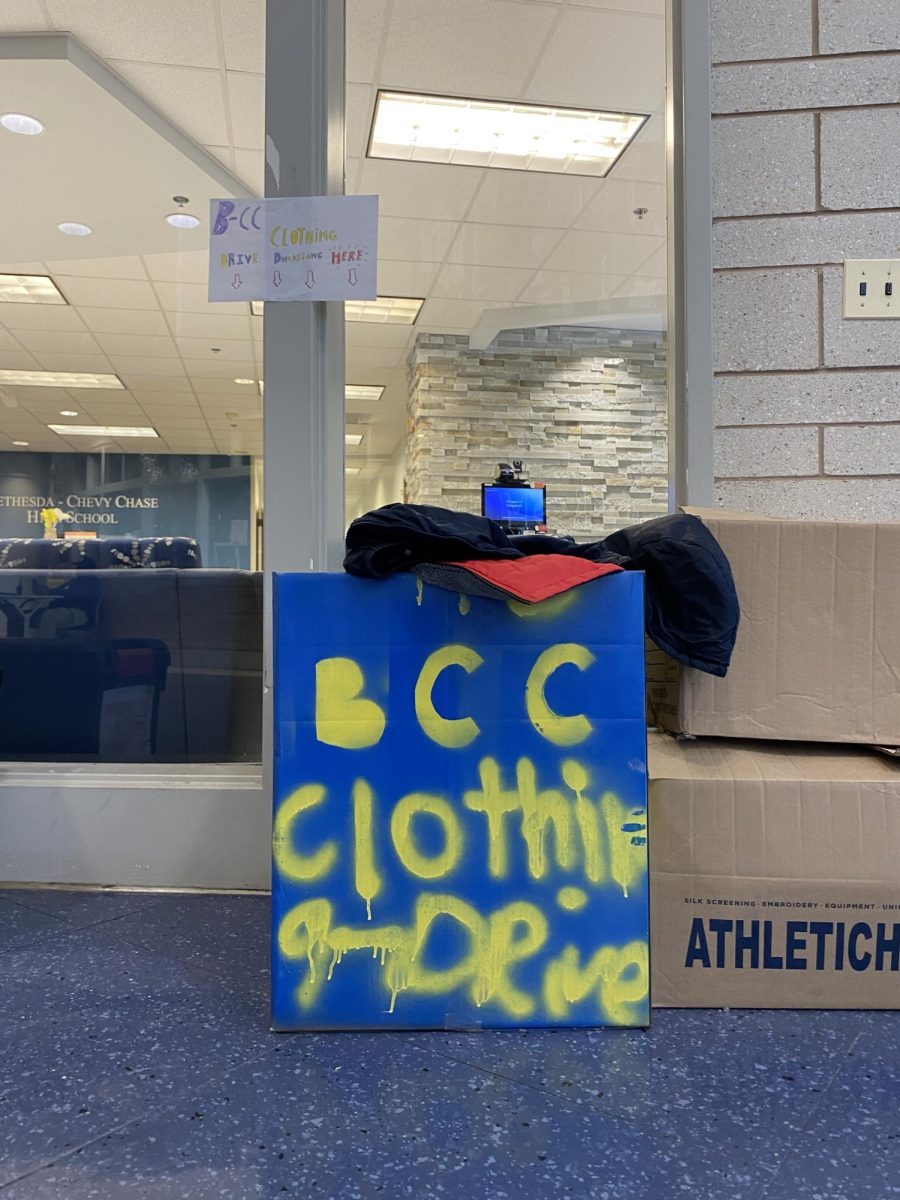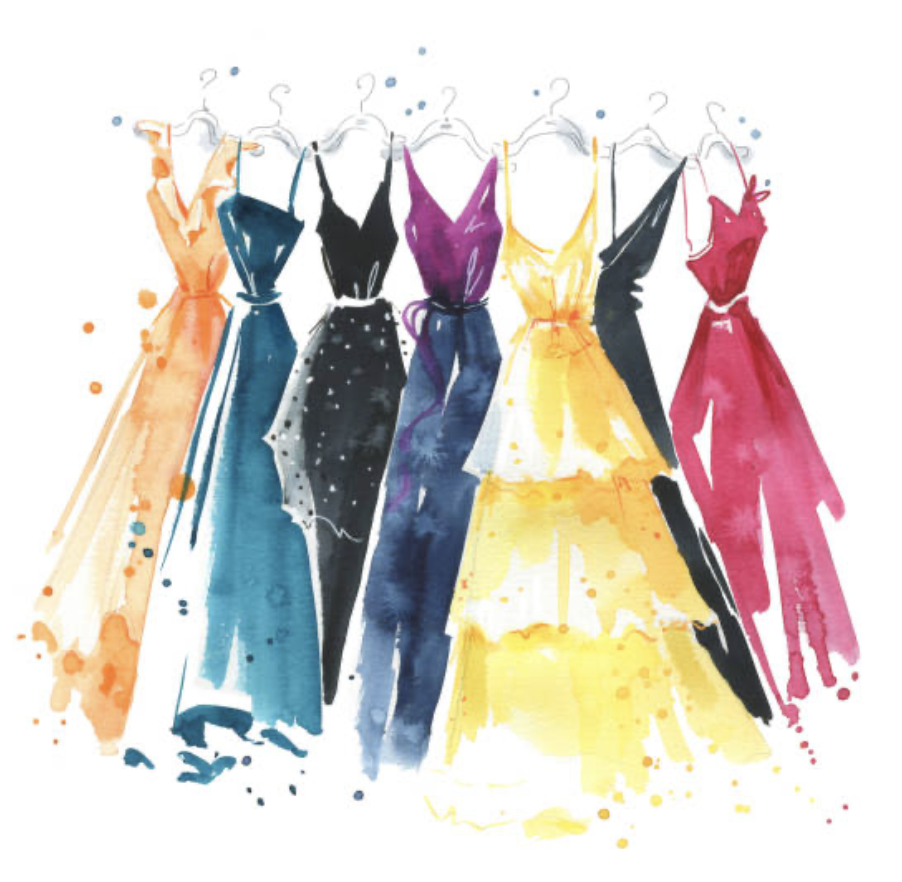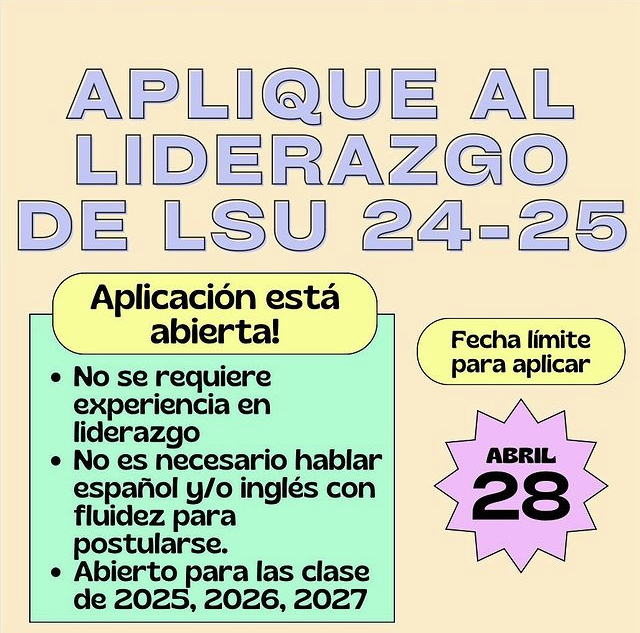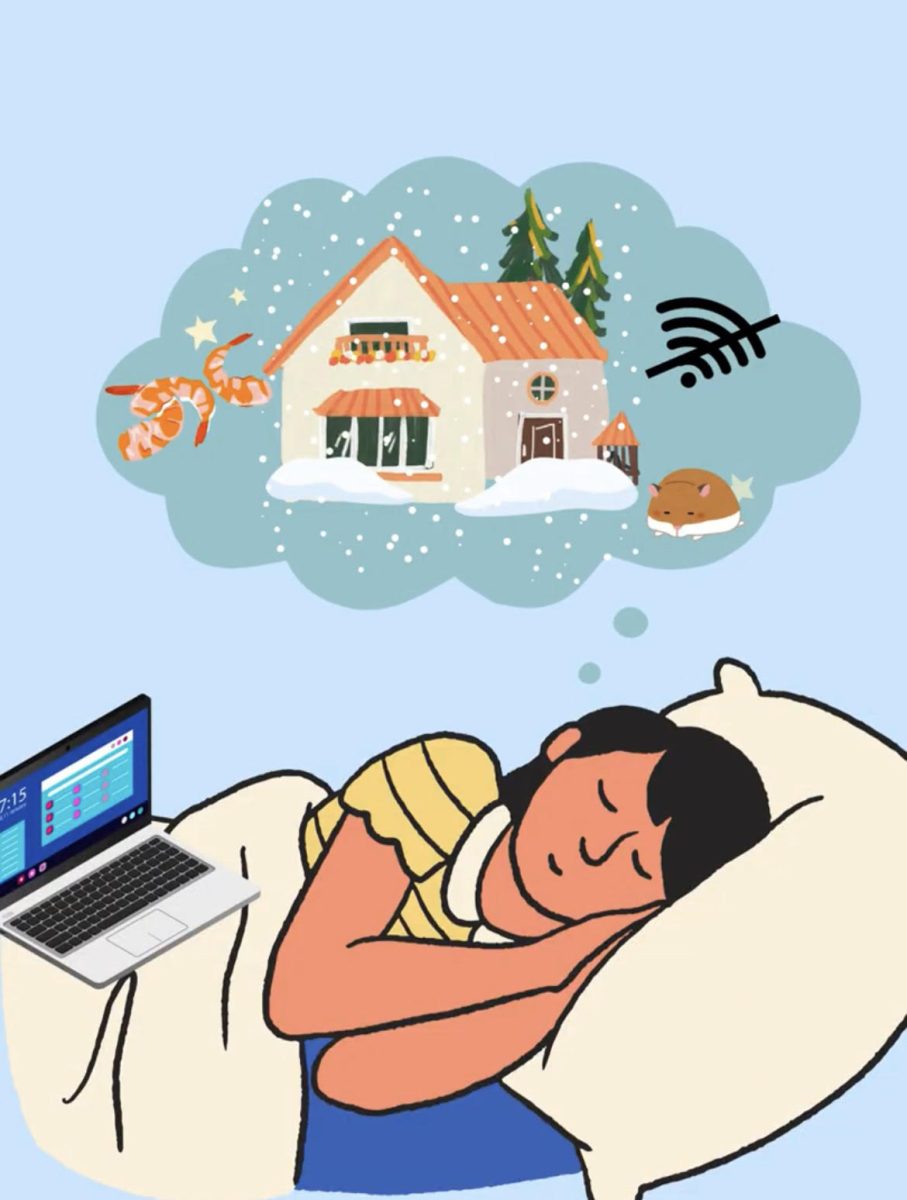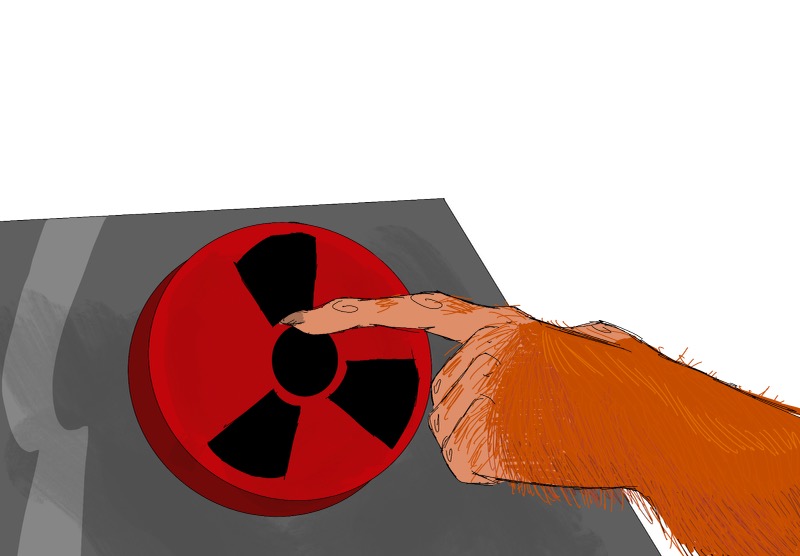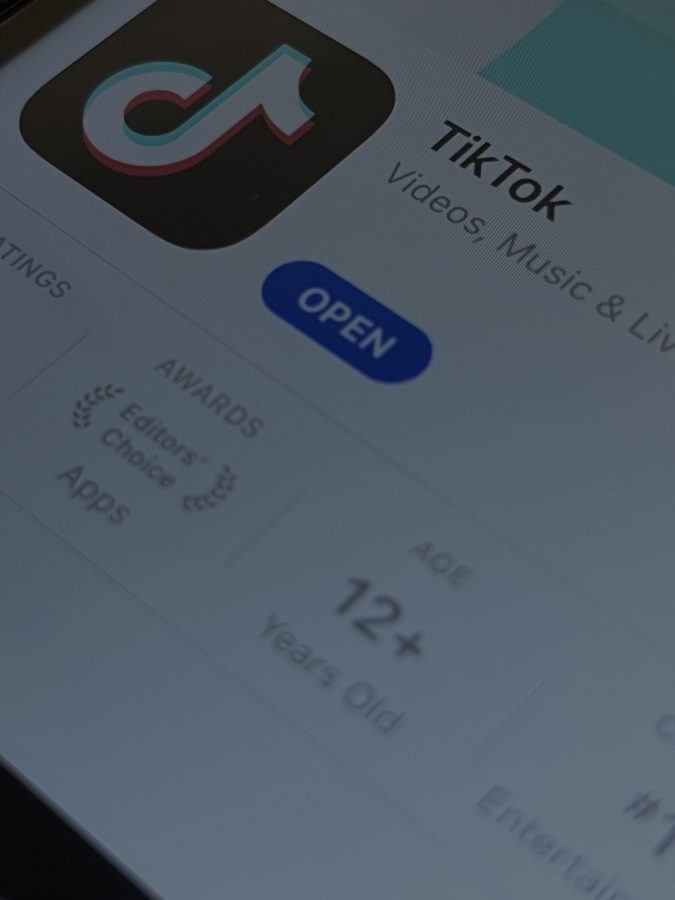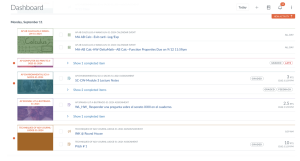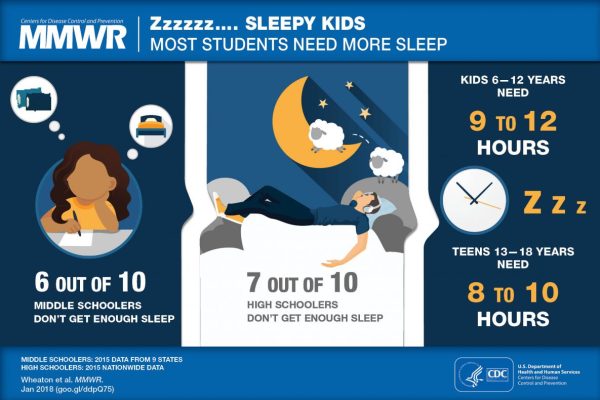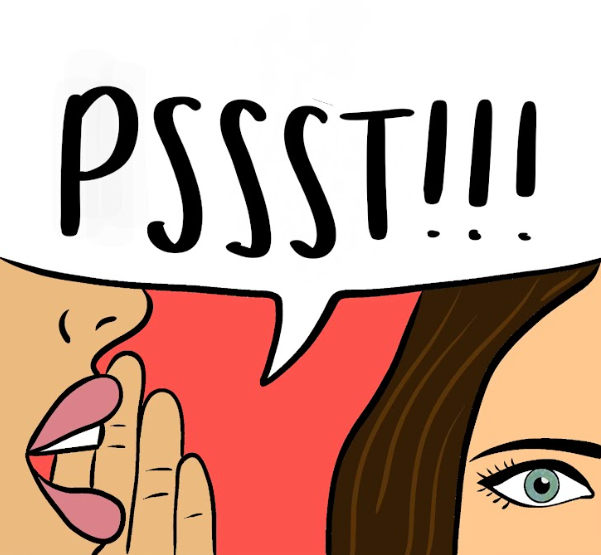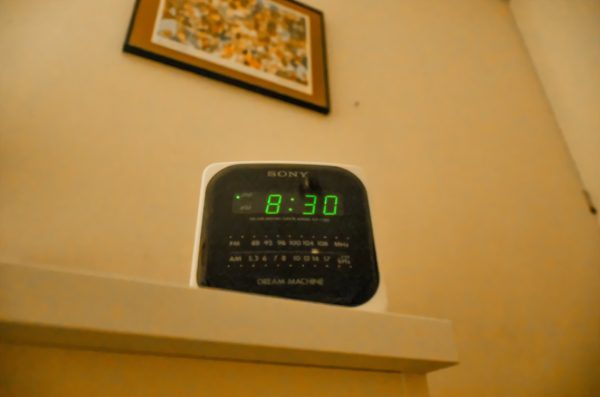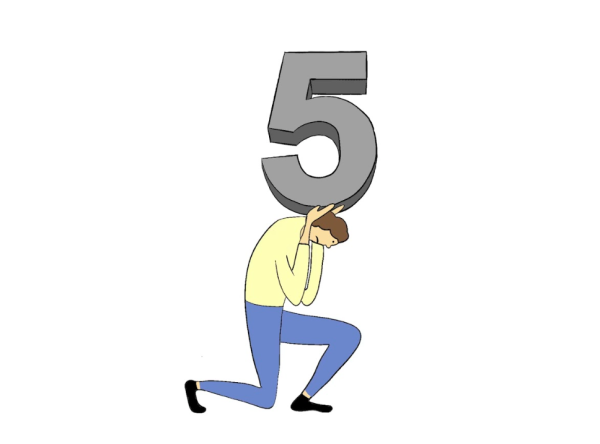The TikTok ban is just a Political Performance disguised as Privacy Protection
May 26, 2023
A threat looms on the horizon—a threat known as the ANTI-SOCIAL CCP Act. In short, this app would ban TikTok.
Lawmakers are doing the same thing that they have been doing forever: taking something they do not care about and using it as a scapegoat for fear-mongering politics that make them look like they’re fighting for the country and not for their interests. While some of their criticisms are fair, the solution should not be banning the app altogether, but placing stricter controls on internet privacy.
It is frustrating that this ban is supported by people who have never stepped foot onto TikTok and have no idea what it’s like. While TikTok is by no means universally loved, with Senior Don Smith saying he “Hate[s] TikTok [because] it’s grating on society,” it is still culturally significant. The massive amount of teenage culture, humor, and trends that originated from TikTok is impressive for an app that only emerged as a real competitor in 2020. People who don’t understand the significance of TikTok to Gen Z and Millenials should not be choosing to ban the app.
Congress and its average age of 58.4 years attempting to ban an app used almost entirely by people under 30 is a prime example of the generational gap between the technologically literate and illiterate. The recent questioning of the CEO of TikTok displayed a misunderstanding of modern technology, with Representative Richard Hudson asking, “If I have a TikTok app on my phone and my phone is on my home WiFi network, does TikTok access that network?”
Ultimately, any legislation explicitly targeting a single app is ineffective, as the problem is at the root of every social media company. “The way forward is taking steps towards actual regulation instead of only banning ‘Chinese spyware,’” said junior Luna Nash. Congress’s recently proposed bill against TikTok is meant to distract the American people from their lawmakers’ compliance with the data tracking and privacy-violating policies they claim to be fighting. In 2017, house Republicans exemplified such hypocrisy through “freed Internet service providers such as Verizon, AT&T and Comcast of protections approved just last year that had sought to limit what companies could do with information such as customer browsing habits, app usage history, location data, and Social Security numbers,” (Fung, Wash Post).
The government needs to do more to address how social media companies violate our privacy every time we use their platforms. However, banning TikTok is not the answer; it merely treats a symptom of the problem, not the source. TikTok is not the only app that sells and uses consumer data, and anyone who uses the internet has already lost any semblance of privacy that they might have had from the massive amount of data collection enabled by a lack of Congressional action. The Chinese government, along with every other foreign and US government, could get all the information they wanted from you if they really wanted to. Data brokers collect and sell data and do not discriminate on which countries they sell your data to. Luckily, China isn’t too concerned with what a 17-year-old finds funny, so Congress can rest easy.




